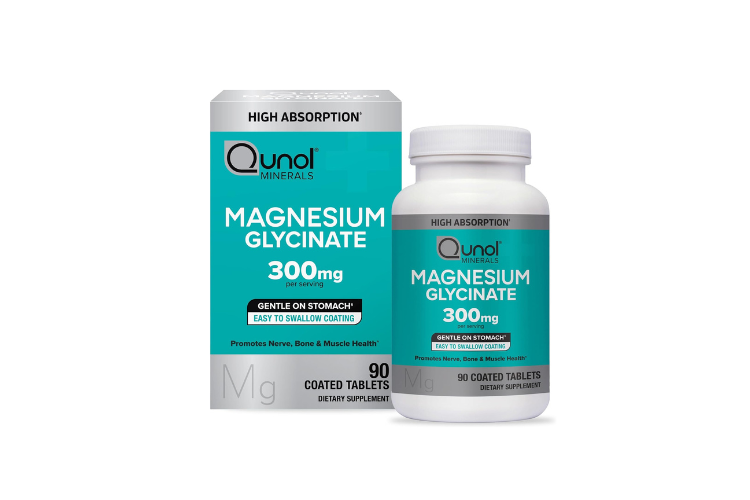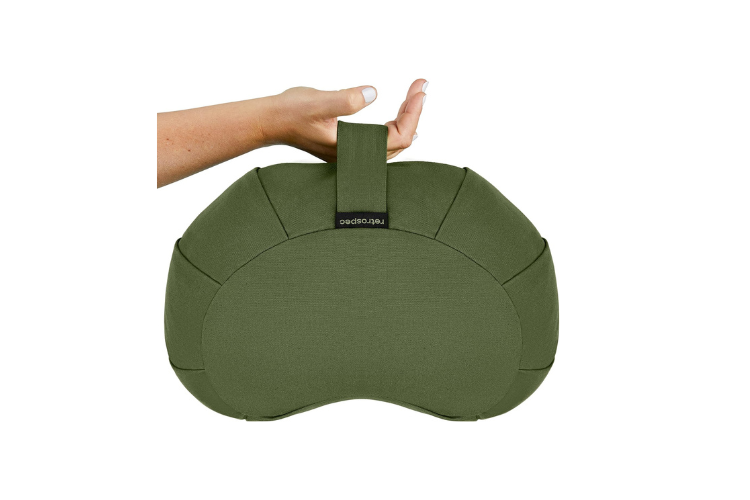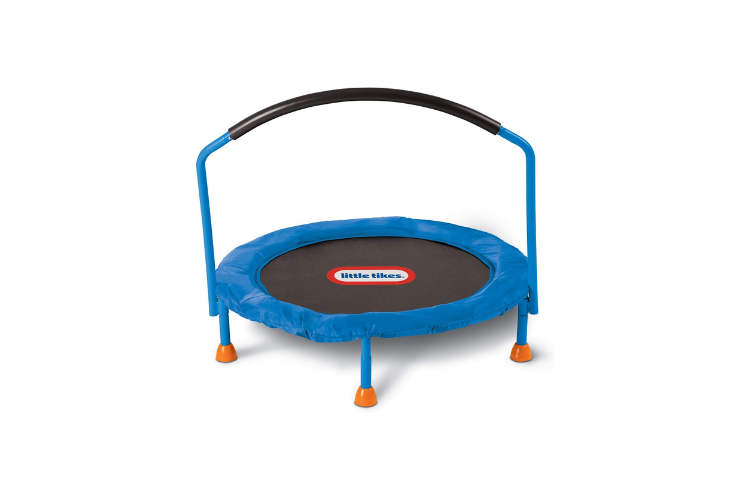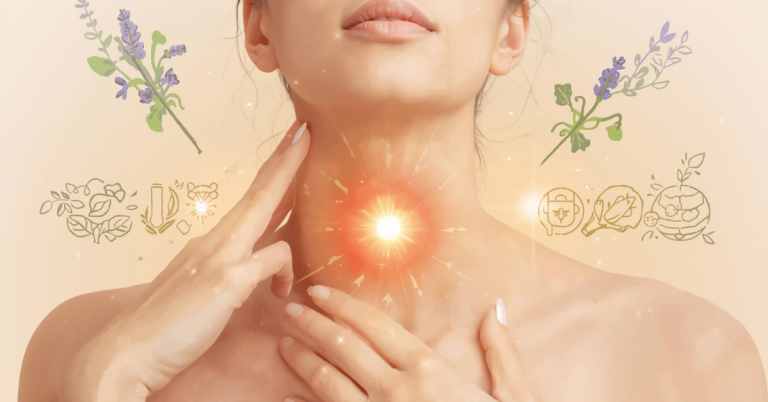How Stress Affects Female Hormones
Stress and hormones are closely connected. Stress may feel like a mental or emotional issue, but the truth is it has a massive impact on your physical health, especially your hormones. Whether you’re dealing with mood swings, fatigue, irregular periods, or hormonal acne, stress might be the invisible root cause.
In this blog, we’ll dive into how stress affects female hormones, and share powerful, natural hormone health tips to help you balance hormones naturally even when life feels overwhelming.

What Happens to Your Hormones When You’re Stressed?
When you experience ongoing stress (emotional, physical, or mental), your body enters a state of “fight or flight.” Here’s what that does:
1. Cortisol Spikes
The adrenal glands pump out cortisol, the stress hormone. This is helpful short-term but destructive long-term. Chronically high cortisol:
- Disrupts sleep
- Suppresses reproductive hormones
- Weakens immunity
- Causes belly fat
2. Progesterone Drops
Cortisol steals the building blocks your body uses to make progesterone. Low progesterone means:
- Irregular cycles
- PMS
- Anxiety
- Difficulty sleeping
3. Estrogen Dominance
Without enough progesterone to balance it, estrogen becomes dominant even if it’s not technically high. Symptoms include:
- Mood swings
- Bloating
- Breast tenderness
- Heavy periods
4. Thyroid Suppression
Cortisol also blocks the conversion of thyroid hormone (T4 → T3), leading to hypothyroid symptoms:
- Fatigue
- Weight gain
- Hair thinning
- Brain fog
Natural Ways to Lower Cortisol and Balance Hormones
1. Adaptogenic Herbs
Adaptogens help your body adapt to stress and restore hormone balance.
2. Magnesium – The Chill Mineral
Magnesium calms the nervous system, reduces anxiety, and improves sleep quality.
3. Breathwork & Meditation
Deep breathing signals your nervous system to switch from “fight or flight” to “rest and repair.”
Try:
- 4-7-8 breathing
- Box breathing
- Guided meditations
4. Movement Without Burnout
Excessive high-intensity workouts spike cortisol. Instead, choose:
- Walking
- Pilates
- Yoga
- Rebounding (mini-trampoline)
5. Sleep Is Non-Negotiable
Lack of sleep increases cortisol and makes hormone symptoms worse. Prioritize:
- 7–9 hours of sleep
- Consistent bedtime
- No screens 1 hour before bed
Your Stress-Hormone Reset Checklist
| Action | Benefit |
| 🧘 Breathe deeply 3x a day | Lowers cortisol in real-time |
| 🍵 Drink herbal teas (chamomile, lemon balm) | Calms nerve and improve sleep |
| 🌿 Take adaptogens | Balances stress and support adrenals |
| 😴 Improve sleep hygiene | Restores melatonin and progesterone |
| 🚶♀️ Gentle movement | Clears cortisol without burnout |
Products for Stress-Related Hormonal Support
Magnesium Glycinate (Sleep, calm, PMS relief)

Meditation Pillow (Mind-body stress relief)

Mini Trampoline (Gentle hormone-friendly exercise)

Conclusion: Calm Your Stress, Heal Your Hormones
Stress may be invisible, but its impact on your hormones is very real. By supporting your body with the right nutrients, herbs, and self-care practices, you can balance hormones naturally and feel grounded again.
Small changes like breathing deeper, sleeping longer, and moving slower can restore your calm and your cycle.







